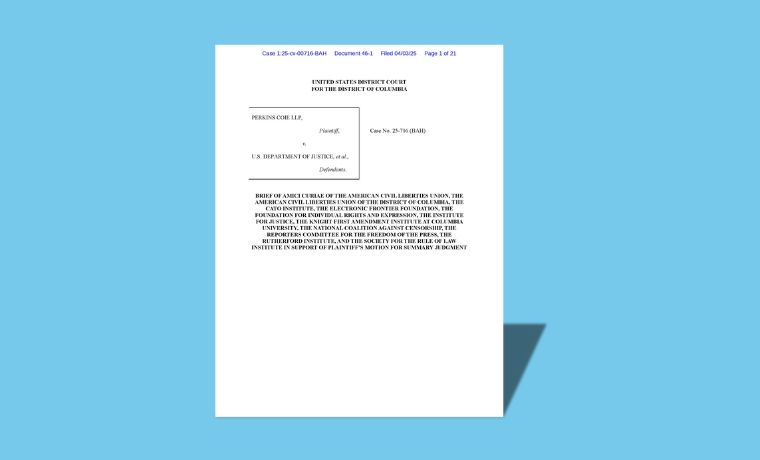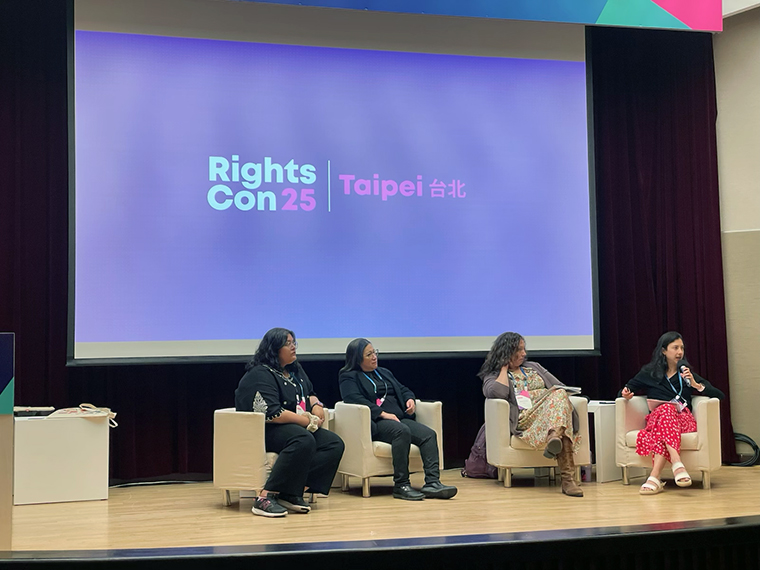NYU Stern Center for Business and Human Rights letter to President Obama regarding the U.S. National Action Plan on Responsible Business Conduct

March 25, 2016
The Honorable Barack H. Obama
President of the United States
The White House
1600 Pennsylvania Avenue, N.W.
Washington, DC 20500
[ PDF ]
March 24, 2016
Dear President Obama,
We write to urge your leadership as the United States government finalizes its first National Action Plan on Business and Human Rights. National Action Plans are an outgrowth of the adoption in 2011 of the UN’s Guiding Principles on Business and Human Rights. To date eight other nations: Colombia, Denmark, Finland, Lithuania, Netherlands, Norway, Sweden, and the United Kingdom have published their initial National Action Plans with another 25 countries preparing to do the same. None of the existing plans have included significant changes in government policies or practices. Rather they have summarized what these governments are already doing. Given the growing unhappiness in this country and elsewhere about inequities in the global economic system, the National Action Plan provides a timely and important opportunity for the United States to demonstrate leadership in advancing a pro-business, high standards approach to global trade and engagement.
As your administration finalizes The US National Action Plan, your administration can and should set a new standard for government action to advance efforts by businesses to respect human rights. To do so the plan should include meaningful changes in US policies and practices in three areas in particular.
1. Establishing a concrete program for embedding human rights criteria throughout all US government procurement policies and practices.
Professor Robert Stumberg of the Georgetown Law Center and the International Corporate Accountability Roundtable (ICAR) have outlined four specific steps relating to the US government’s procurement policies. These include: requiring transparency of all government supply chains; expanding the scope of protection beyond trafficking and forced labor to include child labor, discrimination, illegal wages and hours, unsafe working conditions, and the denial of other fundamental freedoms; 3. requiring independent monitoring of supply chains; and 4. harmonizing US government purchasing power to facilitate a common market for decent work and respect for human rights.
We recognize that implementing labor rights oversight in any broad procurement process is daunting, especially because in some instances these measures will add costs. This is why other governments have been slow to consider these types of measures. Recognizing these challenges, the US government’s plan should announce a government-wide commitment to incorporating human rights standards into its procurement process, and a plan of phased implementation.
2. The National Action Plan also should signal US leadership, including financial support, for multi-stakeholder initiatives.
Since 2000 the US has been an active participant in the Voluntary Principles on Security and Human Rights (VPs). As part of the National Action Plan it should commit to encouraging more U.S.-based oil, gas, and mining companies to participate actively in the Voluntary Principles. It also should announce its active commitment to support efforts within the VPs to enhance its operating capacity including the development of key performance indicators to help measure company performance against the initiative’s human rights standard.
Since 2013(ck) the US government also has been an active participant in creating the International Code of Conduct Association (ICOCA) for private security providers. The National Action Plan should require all US agencies to make ICOCA company membership a prerequisite for obtaining US private security contracts, a commitment that the State Department has already made. The Plan also should include an explicit commitment to enhance ICOCAs operating capacity and to provide funding, as the Swiss government is doing, to enable ICOCA to successfully undertake its certification and monitoring mandates.
3. The National Action Plan should reaffirm and strengthen government human rights reporting requirements.
The “Burma Responsible Investment Reporting Requirements” went into effect in May 2013. This reporting requirement is intended to mitigate the risk of U.S. companies contributing to corruption and human rights abuses in the opening up of the Burma/Myanmar market. But it is scheduled to expire in May. The National Action Plan should commit to a renewal of this important reporting requirement. It also should spell out a process for the government to address companies that decline to report or produce deficient reports.
Another reporting requirement is Section 1502 of the Dodd-Frank Act. It requires reporting on company practices regarding conflict minerals in the Democratic Republic of Congo. Several business groups, including the U.S. Chamber of Commerce, the Business Roundtable, and the National Association of Manufacturers are seeking to block compulsory SEC reporting under Section 1502. The National Action Plan should renew the government’s commitment to require reporting on conflict minerals and to address non-compliance by companies with this reporting requirement.
The rapid expansion of market economies over the last quarter century has led to great benefits, including a significant reduction in extreme poverty. But there is growing disquiet in this country and elsewhere about the inequities in the global economic system. Rather than erecting barriers to global trade, the US government has the option of taking concrete measures to encourage higher standards both for governments and businesses including in the realm of human rights. The publication of a National Action Plan by the United States provides an opportunity for the Obama Administration to lead by example in this critically important area. But it can only do so if it’s plan includes bold and substantive new commitments rather than reframing existing polices.
We appreciate your leadership on this and other human rights issues and look forward to the forthcoming publication of the US National Action Plan.
Sincerely,
Michael H. Posner Sarah Labowitz
Professor and Co-director Research Scholar and Co-director
Center for Business & Human Rights Center for Business & Human Rights
NYU Stern School of Business NYU Stern School of Business
 Business & Human Rights Leadership
Business & Human Rights Leadership


